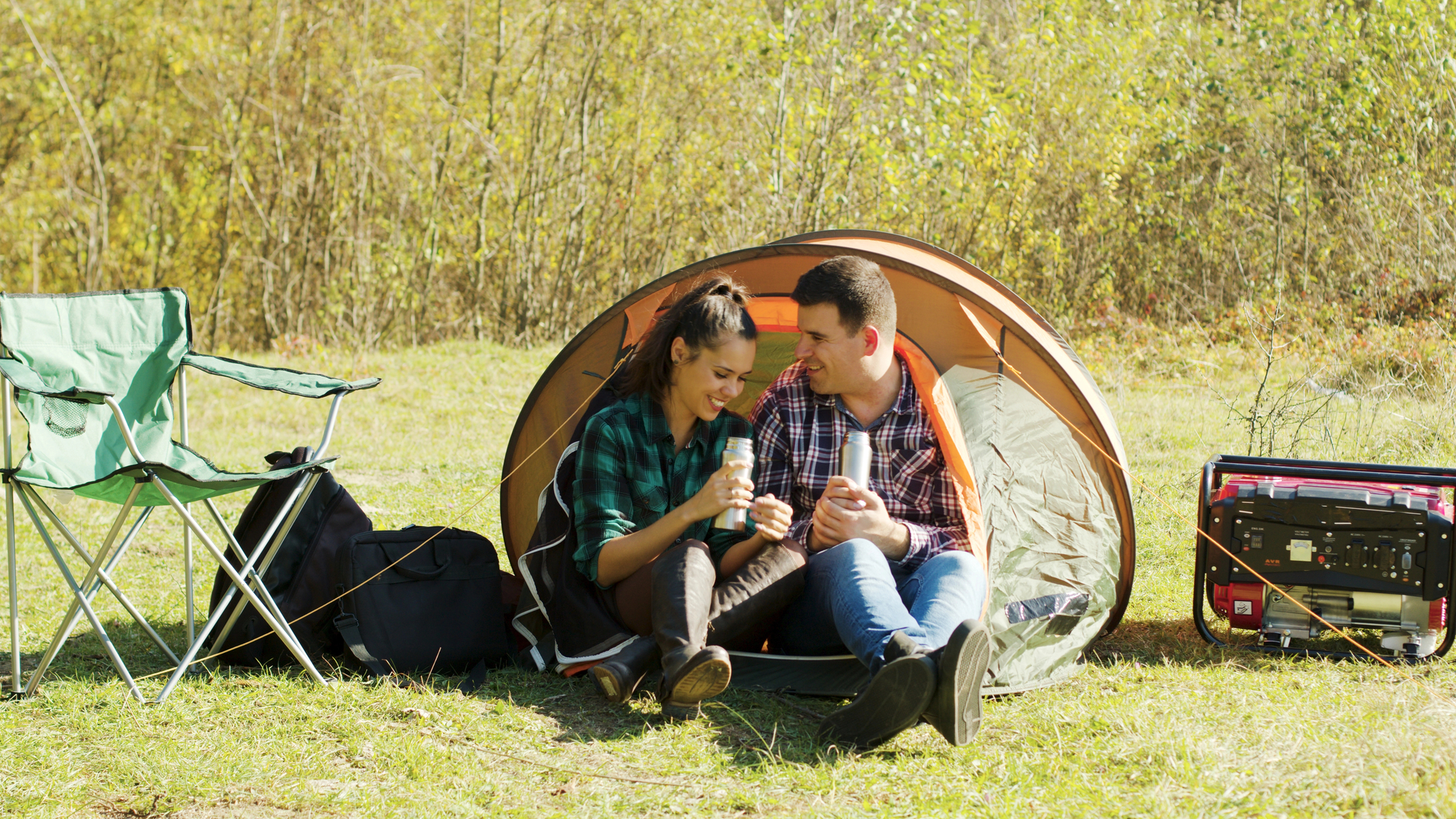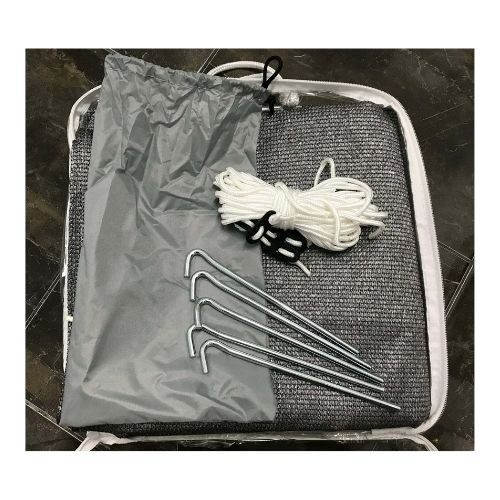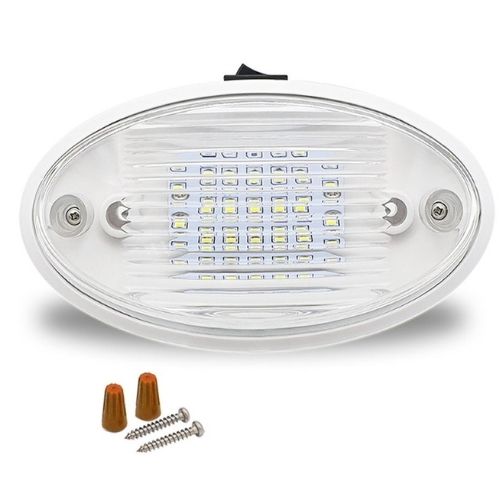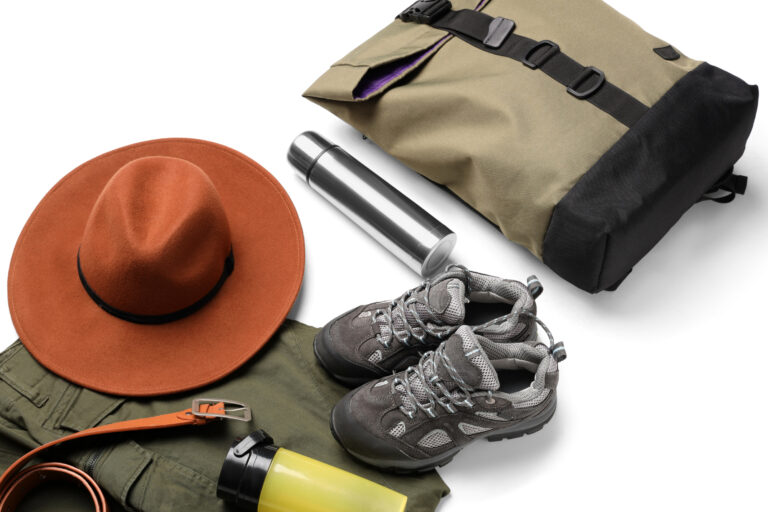Top Tips For Eco-Friendly Caravanning

Caravanning is a great way to explore any country in the world. It is, without a shadow of a doubt, one of the best ways to travel around Australia.
More people than ever are investing in caravans. We want to travel and see what our country has to offer.
Eco-friendly caravanning will become one of the most popular ways to holiday in the future.
Let’s find out what you need to know about reducing your impact on the environment when caravanning.
10 Top Tips For Eco-Friendly Caravanning
1 Eco-Friendly Caravans: Do They Exist?
Caravans still need to be 100% eco-friendly, but they are heading in the right direction.
When you want to go caravanning and are concerned about the environment, it is essential to choose the right caravan.
What do you look for in an eco-friendly caravan? First, look for a caravan made from eco-friendly materials. Number two, ensure appliances are energy-efficient and water is used efficiently.
Remember that lighter caravans reduce fuel consumption and produce fewer emissions when towed.
2 Towing and Driving
When you drive, maintain a steady speed. It is essential to ensure your caravan is maintained.
Properly inflated tyres reduce fuel consumption. Retro-fitted reflectors minimise wind drag, helping to optimise fuel efficiency.
3 Selecting Your Campsite
Don’t rush selecting your campsite. Most campsites in Australia offer recycling facilities and energy from renewable resources. Before booking, ensure your campsite offers as many eco-friendly options as possible.
Supporting the campsites offering these facilities helps. Thanks to popular demand, other campsites that currently don’t provide eco-friendly options will soon be forced to.
4 Less Energy Consumption
Learn how to manage energy in your caravan. Instead of standard lighting, switch to LED lighting instead.
The same goes for climate control, including air conditioning. A natural draft or breeze can often cool your caravan as efficiently as an air conditioning unit.
Portable air conditioning units are great. They let you take your air conditioning with you to the part of the caravan where you need to lower the temperature.
5 Pack As Light As Possible
Towing a lighter load means lower fuel consumption. Check the weight before you buy any new gear for your caravan.
Keeping a list of the weight of your camping gear is a good idea. That way, you can quickly check how much weight you will tow.
You need to pack more for longer trips or off-grid adventures. When you have a list of your gear’s weight, you can quickly check that you are staying within your caravan.
The general rule is to pack only what you need for your journey. Don’t forget that any weight checks should include food.
6 Park In The Right Spot
Many caravaners are seasonally selective when it comes to parking their caravans.
In the summertime, many choose to park in the shade. This is a great way to reduce your reliance on air conditioning. Knowing the campground, you can also pick up the perfect breeze.
Park in a warmer spot instead when caravanning during the more remarkable part of the year.
This is often something that comes with experience. Finding cooler and warmer spots is a tried-and-tested method of staying comfortable when camping.
7 Insulate Your Caravan
Most modern caravans already have excellent insulation.
You should check the insulation if you have bought an older model or a preloved caravan.
Good insulation helps to keep your caravan cool during the hotter months and warm when camping in cool weather. Insulation in a caravan works the same way as your home.
Like in the home, it is one of the most effective ways to ensure your caravan is more eco-friendly.
8 Window Covers
Can you buy window covers for caravans? You most certainly can!
Many of us have already added them to our homes or have shaded windows in our cars.
You can buy window shades and covers for your caravan. Often, they only take a few minutes to fit.
Don’t forget lightweight awnings and shade sails increase the comfort of life on the road.
9 How Do You Use Water?
Think about how you use water in your caravan. Do you boil water in a pan or use a steamer instead?
There are numerous ways to reduce water consumption in your caravan. It is important to take quick showers and not use too much water when doing the dishes.
If you cannot throw away grey water, go for it. Grey water is another name for the wastewater from washing dishes and showering.
It is not always easy to “save” water when travelling, but you can certainly take steps to reduce your consumption.
If you find reducing water consumption challenging, use the grey water to water plants on the campsite.
10 Clear Up After Yourself!
Of course, you should clear up your pitch or off-grid area. That includes any biologically produced waste.
Portable toilets have come a long way for campsites. You can buy eco-friendly toilets for both caravans and mobile homes. Don’t forget to purchase eco-friendly chemicals for the toilet!
Any other waste, including plastic and paper, must be safely disposed of in the correct recycling facilities.
Final Thoughts
Every effort counts—no matter how small. When you return, you will feel better about yourself because you enjoyed an eco-friendly caravanning experience.
Keep up the excellent work, and continue your eco-friendly lifestyle at home.







